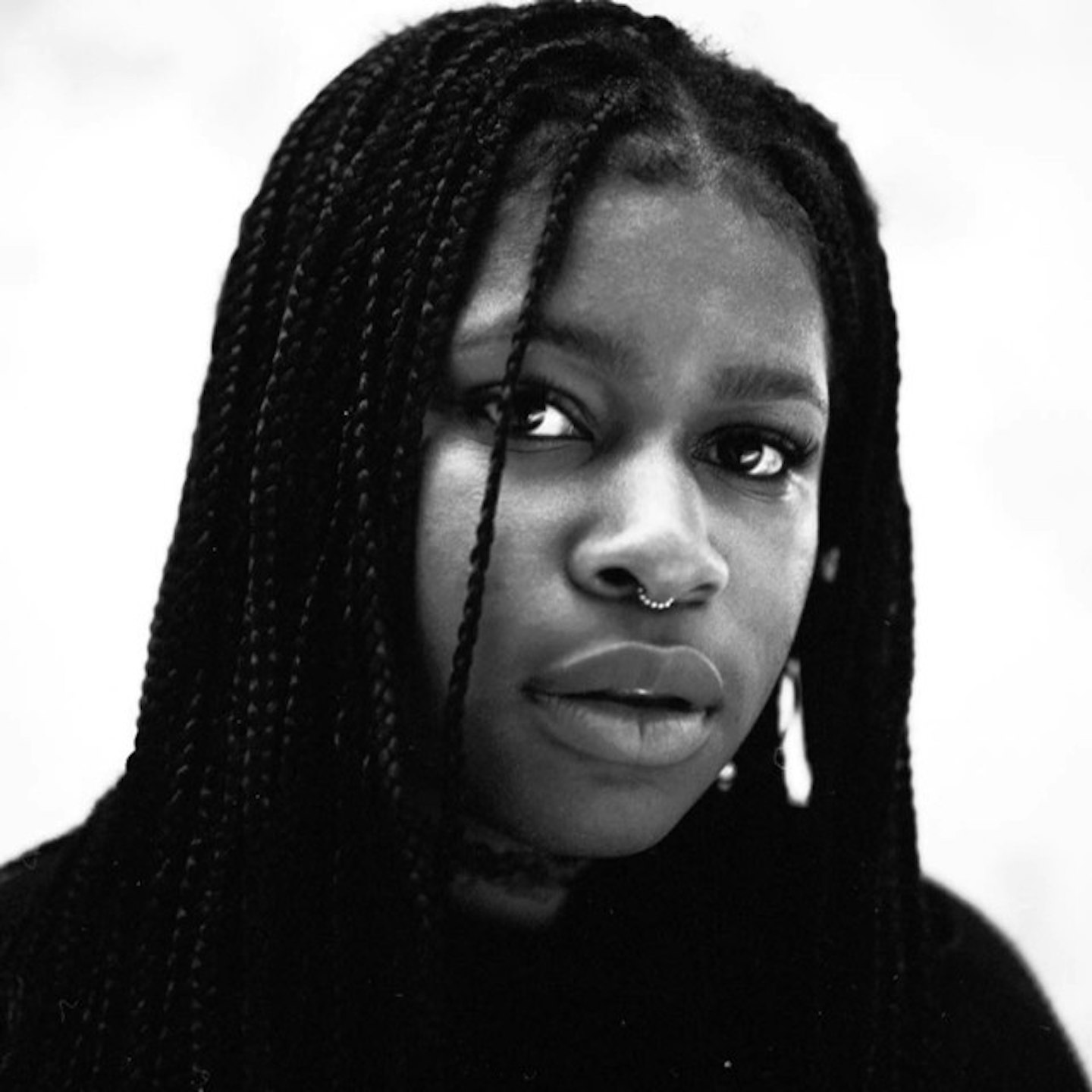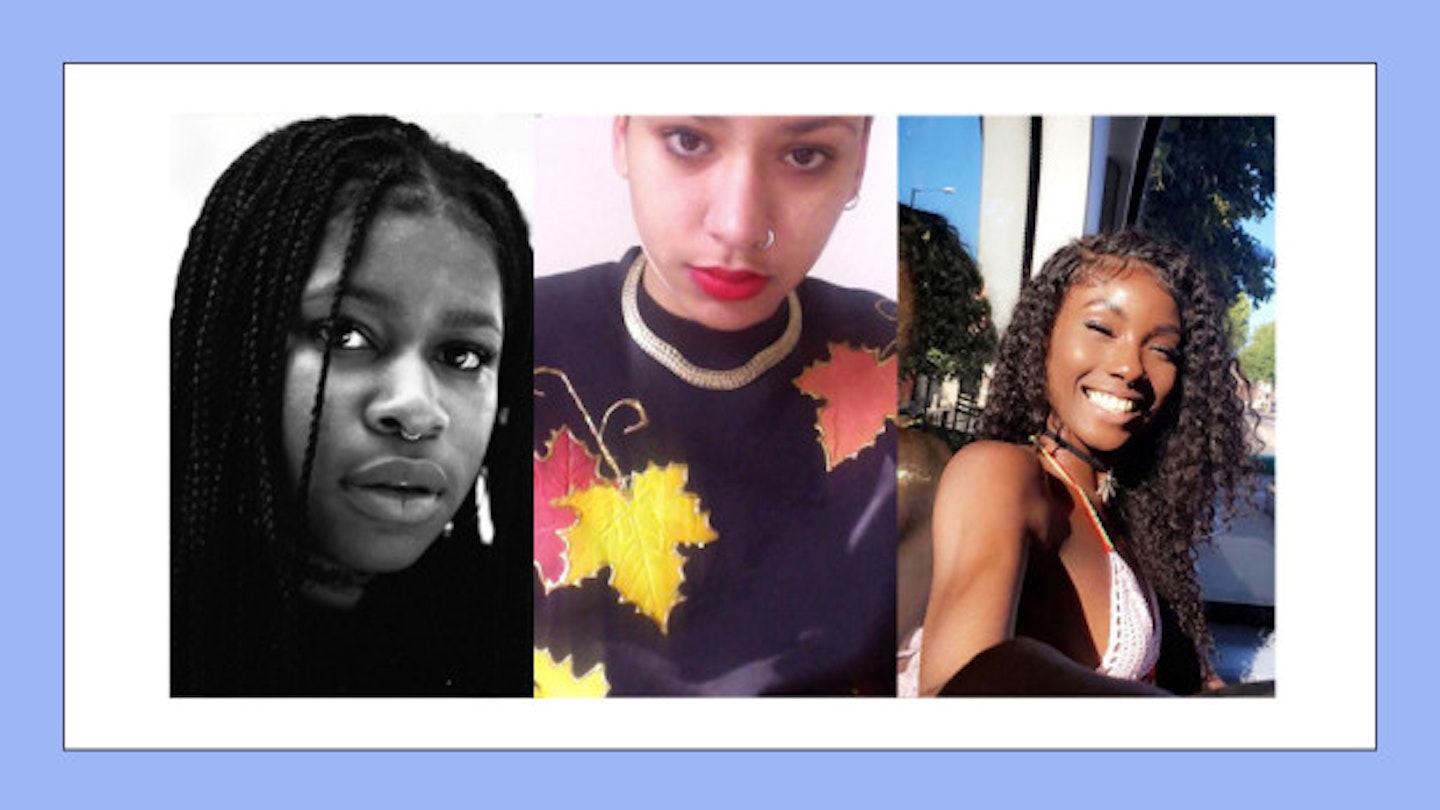Twice a year, in February and September, Fashion Week sweeps central London. It’s the second of the ‘Big Four’ fashion weeks – after New York but before Milan and Paris – and is a chance for everyone from buyers and journalists to teen clothing addicts to see what the best designers in the world want to show them. London Fashion Week is a week of expensive clothes, celebrity guests, and, of course, models. Women who work in fashion have got a reputation for being glamorous, thin, trendy, powerful and, very often, white.
Just as fashion week inevitably rolls around every season, along comes yet another conversation about the people who model on its catwalks - about whether they’re diverse enough to showcase the fashion industry in a city as varied as London is. Everyone has something to say about it but what do women of colour who actually work in the industry think, and what to they have to add to the ongoing discussion about diversity?
After doing a Twitter call out, I was struck by how many people got in touch – either putting themselves forward or recommending other people I should try and speak to. It’s obvious that while they might not be the most visible, women of colour working in fashion do exist. One of the names that came up the most was Lynette Nylander, a freelance writer, consultant and the Deputy Editor of i-D magazine. “I have lots of people reach out to me on Twitter” she told me, “loads of girls come up to me asking for advice, or saying ‘I know what you’re doing and it’s really exciting’. In a general sense I get it. I have a space that not many people do, in a magazine that’s beloved by so many people.”

Speaking to Lynette, it was obvious that she has thought about her role in the industry and what she represents: “someone who I respect a lot said ‘it’s really important to do what you do, and that people see that you do what you do’. It was then that I thought I somewhat have a responsibility to other women of colour, something I didn’t feel until about a year ago. But ultimately I’m the one who has to get up in the morning and do this, and if I wanted to stop that, I would. It just made me think of an ecosystem outside of myself and how I relate to that.” A growing sense of responsibility is a feeling shared by photographer Lucie Rox, who says “the race issue is something I’m thinking more about recently. It’s never been something I felt like I had really bad experiences with, whereas being a woman in photography? Sometimes that feels like an everyday struggle. Recently, there’s been a lot of asking myself questions and noticing things more. What and who am I seeing?”
Role models in the fashion world and how visible they are is something that came up with everyone I spoke to. “When I was growing up, I only had Naomi Campbell” said model Mulan Itoje. “But if I can be confident, if Leomie Anderson can be confident, if Jourdan Dunn can be confident, then with all these extra role models girls have now the world is their oyster. Whenever I see black people insult Naomi I actually get really annoyed, because she paved the way for all of us. I owe her, we all do. She opened up the doors for beauty, and she’s dark skinned too. She went through a lot – I think of all that I have gone through, but she was around 20 years before – and it’s amazing.”

But what do models actually go through? For the ones who aren’t white, Fashion Week can be a time where the microaggressions they experience daily in the fashion world are exacerbated. Lucie told me about assisting during London Fashion Week, and how sometimes “you see the black or brown models backstage, and then these white hairdressers and make-up artists, and you can tell straight away they just have no idea what to do with the girls.” Speaking about a photoshoot she did last month, Mulan added “I feel like [the make-up artist] just looked at my skin and was like ‘oh my god it’s perfect!’, something I’ve heard so many times. ‘It’s perfect!’ they say, ‘so you know what, I’m just going to leave it like that and do almost nothing to it’.”
For me, personally, the fashion world has always felt like an intimidating place – regardless of the fact I’m black. However, the more I spoke to women of colour working in fashion, the more similarities I realised we had. It’s easy to forget that the models in Fashion Week are experiencing the same struggles that all women of colour do when it comes to the politics surrounding our appearances: our hair, our make-up, or both. Speaking more about her experiences with make-up artists, Mulan told me how “there were times when I was younger, and I’d be backstage at shows and confused about how I’d have to run across the room to this make up artist, all because she’d be the only one who could do my face. My hair’s natural now, but Fashion Week was always stressful. Designers are always like ‘is this a weave?’ and it’s like, you know you’re going to have all the girls with middle partings and straight hair anyway, so why ask? They would use so many different things as an excuse, and it always felt like if I was a white girl, they’d find a way. ‘We can put in clip-ins, we can pin it up’ but with us, it’s like ‘oh, sorry, this won’t work’.”

Despite the talk of how difficult it can be to be a woman of colour working in fashion, ultimately I was struck by how positive all the women I spoke to were. Lucie spoke about how she and her female photographer friends support one another, and Lynette reiterated how grateful she is for the various informal ‘women of colour in fashion’ dinners and events she has been invited to. A hairdresser told me how pleased she is to see more black women joining the industry, and a make-up artist spoke about how more of her white peers are making sure they have make-up for all skin tones. Also, despite what I’ve seen on America’s Next Top Model, every model I spoke to stressed that the idea black and brown models are overly competitive towards each other is wrong, and told of how, for the most part, women of colour are very supportive of other dark faces in the room. Solidarity amongst women of colour is something that always seems to exist, whether we’re in the fashion world or not.
Going through the i-D online archive, I was pleasantly surprised at how many black and brown cover stars the magazine has had – even going back to the 80s and 90s. Perhaps the most unexpected thing was that this year, with no fanfare, i-D magazine has had more women of colour on their covers than they have had white women. It’s depressing how impressed I am at this, and it’s annoying that I can’t think of another big fashion magazine that would do the same. Still I’m taking it as a sign that when it comes to diversity, fashion is finally opening its eyes. On the catwalk, models of all colours are doing better than ever. Off it, women of colour behind the scenes are also doing amazingly well, and beauty standards in the fashion world are improving every day.
Make-up artist Umber Ghauri vlogs on YouTube under Brown Beauty Standards, an online space that centres black and brown people and the make-up they wear. “When there are multiple models of colour on a shoot, they definitely seem happy that someone brown has come and can definitely do their make-up”, Umber tells me. “I’ve got such a positive reaction since I started. I’ve wanted to go full-time for a year, and I finally did it a week ago. There are more of us now.” Lynette, too, was optimistic about the relationship between the fashion world and racism, saying: “it’s just a societal reflection – I don’t think we’ll ever stamp it out. But do I feel like people are more mindful? Yes. Do I feel like allies and people who are not of colour are talking about this more, and are trying to get others to see it too? Yes. Do I see brands actively making changes in the product they put out or the magazines they publish to try and cater to all? Yes. The fact we’re having a conversation about it is a sign that things are getting better. I wouldn’t be able to sleep at night – or do what I do – if it didn’t support that.”
Like this? You might also be interested in:
Do Women Of Colour Need To Be More 'White' To Secure Employment?
Why Black British Women Understand The Pain Of America's Race Problems
Follow Bridget on Twitter @bridgetminamore
This article originally appeared on The Debrief.
